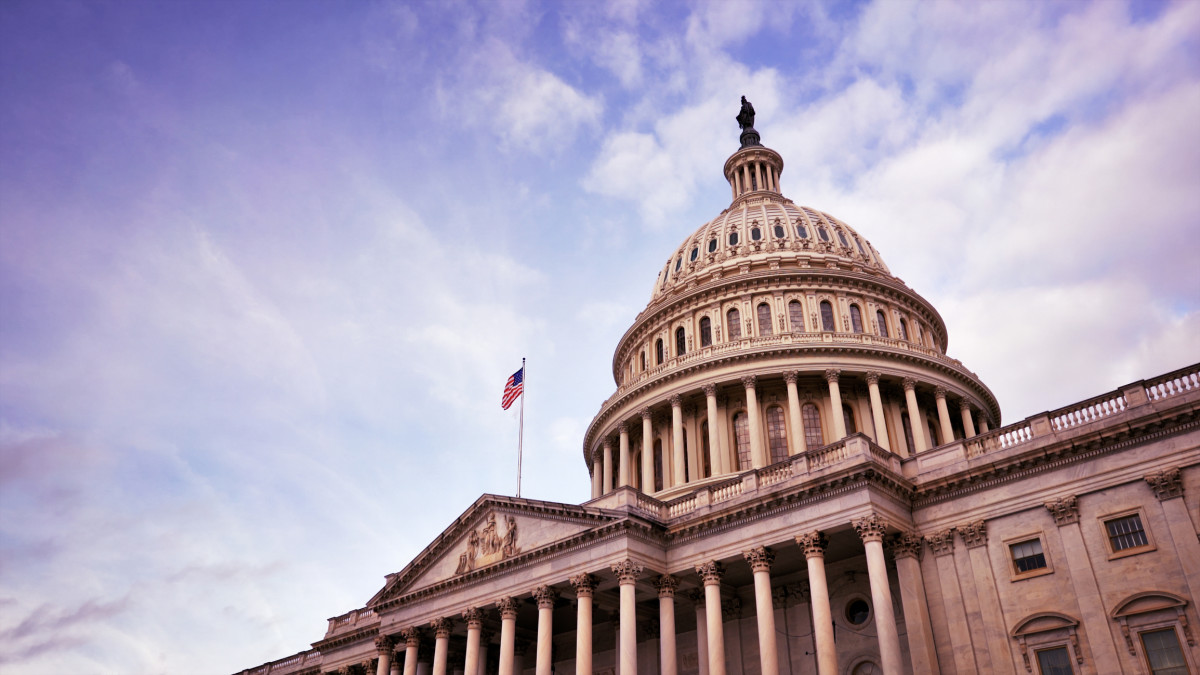U.S. Aims for Crypto Leadership: Aave Founder Advocates DeFi Policy

Aave Founder Advocates for U.S. Leadership in Crypto and DeFi Policy
Aave’s Role in Decentralized Finance
Aave, a prominent player in the decentralized finance (DeFi) sector, is making strides in influencing policy discussions. This platform enables users to lend, borrow, and earn interest on their cryptocurrency holdings, and it is actively engaging with policymakers to shape the future of digital finance.
- Aave’s Role in Decentralized Finance
- Insights from Stani Kulechov
- Growing Institutional Interest
- U.S. as a Digital Asset Hub
- Legislative Developments on Stablecoins
- Broader Implications for Fintech and Tech Giants
- Regulatory Framework for Digital Assets
- Navigating Oversight in DeFi
- Optimism for the Future of DeFi
Insights from Stani Kulechov
In a recent conversation with TheStreet Roundtable, Stani Kulechov, the founder of Aave Labs, shared his experiences from meetings in Washington, D.C. He expressed a prevailing sense of enthusiasm among lawmakers and industry leaders regarding the potential of decentralized finance. Kulechov remarked, “There’s a palpable optimism and a conducive environment for developing DeFi products and protocols today.”
Growing Institutional Interest
Kulechov highlighted that both financial institutions and fintech companies are increasingly eager to explore how they can harness DeFi technology. This trend reflects a significant shift towards mainstream acceptance of decentralized finance solutions.
U.S. as a Digital Asset Hub
During his visit to the White House, Kulechov noted a concerted effort to position the United States as a central hub for the digital asset industry, particularly in the realm of cryptocurrencies. He emphasized the importance of initiatives aimed at securing Bitcoin reserves and ensuring self-custodial access, which are crucial for the sector’s growth.
Legislative Developments on Stablecoins
On Capitol Hill, discussions have focused on the GENIUS Act, which aims to clarify regulations surrounding stablecoins. Kulechov explained that this legislation is essential for reducing uncertainty in the market, allowing fintech companies to adopt stablecoins for transaction settlements, thereby enhancing efficiency and speed.
Broader Implications for Fintech and Tech Giants
Kulechov noted that the clarity provided by the GENIUS Act has sparked interest not only among fintech firms but also within major technology companies and e-commerce platforms. They are exploring how stablecoins can be integrated into their business models and state-level initiatives.
Regulatory Framework for Digital Assets
Kulechov also discussed the broader market structure bill currently under consideration in Congress. He acknowledged that while the legislation may undergo changes, it plays a vital role in establishing clear regulatory boundaries for digital assets.
Navigating Oversight in DeFi
He emphasized the need for a better understanding of how to innovate within the digital asset space, particularly regarding the roles of the SEC and CFTC in overseeing DeFi projects as they mature. Kulechov mentioned discussions at the SEC’s DeFi roundtable, where the possibility of exemptions for DeFi innovations was explored, indicating a regulatory approach that focuses on service providers rather than the technology itself.
Optimism for the Future of DeFi
With the U.S. paving a clearer path for DeFi and stablecoin regulations, Kulechov remains hopeful about the future. He stated, “The current landscape in the U.S. is quite promising, and I believe we will see similar advancements in other countries as they follow the U.S. lead.”
This article was originally published by TheStreet on July 8, 2025.







